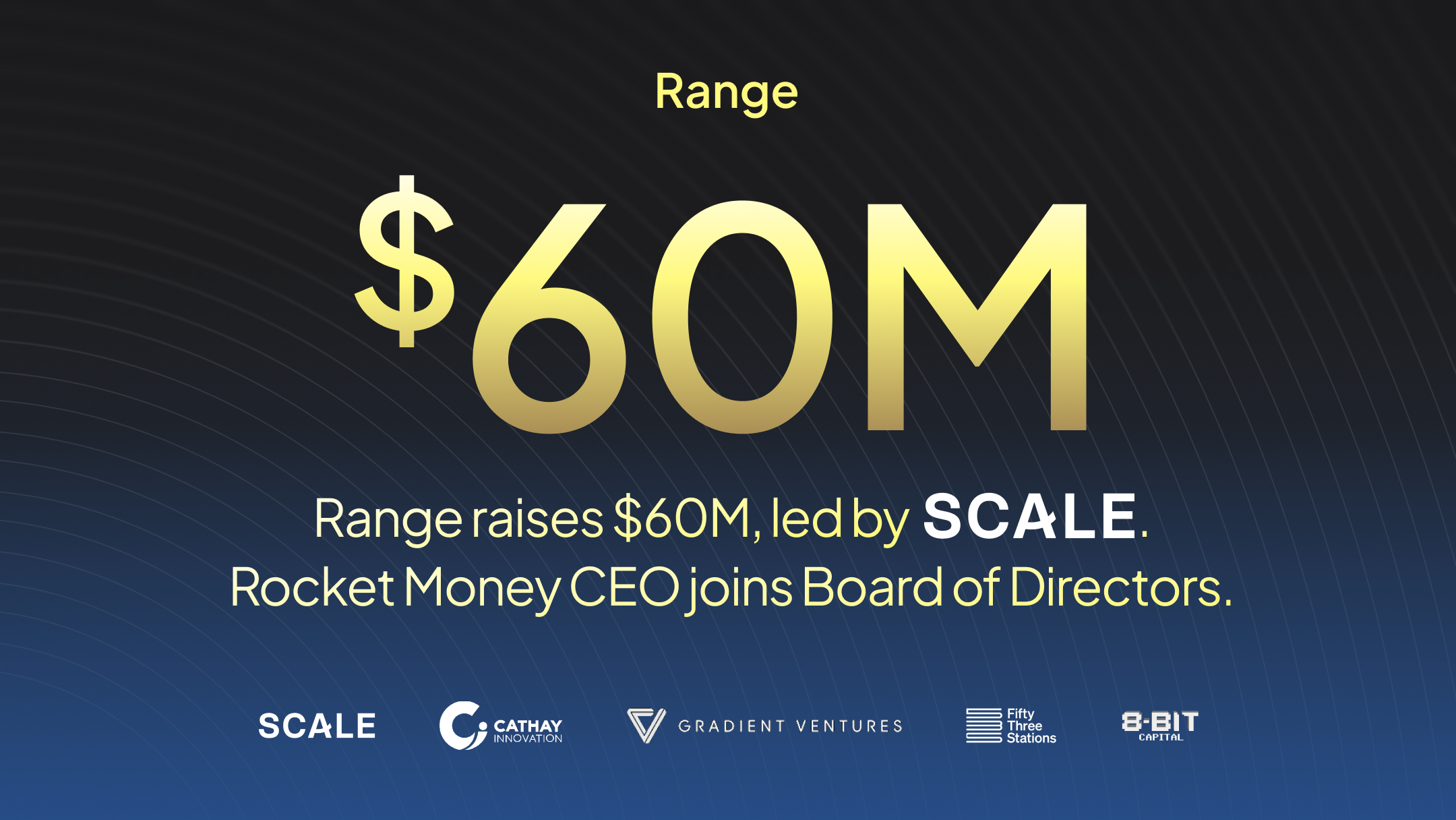Key Takeaways:
- Trump's GOP budget legislation expanded QSBS benefits with $15M exclusion cap
- Startup employees gain tiered tax benefits: 50% after 3 years, 75% after 4, 100% after 5
- Gross asset threshold increases to $75M, qualifying more mature startups for QSBS
The new GOP budget legislation includes a massive win for startup employees and founders: dramatically expanded Qualified Small Business Stock (QSBS) benefits that could save qualifying investors from paying 28% capital gains taxes on millions of dollars in returns. The changes increase the maximum tax exclusion from $10 million to $15 million while allowing partial benefits after just three years instead of the current five-year minimum.
For the tech sector specifically, this represents the most significant expansion of startup investment incentives in over a decade. The Joint Committee on Taxation estimates these changes will provide an additional $17.2 billion in tax benefits over the next decade.
What Changes with QSBS Under the GOP Tax and Spending Package
The GOP budget legislation restructures Qualified Small Business Stock benefits in three key ways:
Reduced Holding Period with Tiered Benefits: Previously, you had to hold QSBS for five years to get any tax exclusion. The new rules create a graduated schedule:
- 50% exclusion after 3 years (effective tax rate: 14%)
- 75% exclusion after 4 years (effective tax rate: 7%)
- 100% exclusion after 5+ years (tax-free)
Higher Exclusion Limits: The maximum tax-free gain increases from $10 million to $15 million (or 10 times your investment, whichever is higher). Both limits will be indexed for inflation starting in 2027.
Raises the Maximum Gross Asset Threshold For Companies: The gross asset threshold rises from $50 million to $75 million, meaning more mature startups remain QSBS-eligible longer.
How These Changes Amplify the QSBS Tax Exemption
The expanded QSBS rules create three fundamental improvements that benefit anyone holding qualifying startup equity:
More Companies Qualify for Tax Exclusion
The gross asset threshold increase from $50 million to $75 million means companies can maintain QSBS eligibility deeper into their growth cycles. This expansion particularly helps employees at Series B and C companies that previously lost qualification, and it extends the window for later-stage hires to capture these benefits.
Earlier Exit Flexibility with Meaningful Tax Savings
The tiered approach transforms QSBS from an all-or-nothing proposition into a graduated benefit system. Rather than losing all tax advantages if you sell before five years, you could capture a 50% exclusion after three years and 75% after four years. This change removes the penalty for circumstances beyond your control, like acquisitions or liquidity needs.
Substantially Higher Tax-Free Gains
The exclusion cap jumping from $10 million to $15 million means 50% more capital gains could be sheltered from taxes. For high-growth companies where individual equity stakes can reach eight or nine figures, this expansion captures significantly more wealth preservation.
Who Might Benefit Most from These Changes
These changes can particularly impact several key groups:
- Serial Entrepreneurs and Angel Investors gain the flexibility to recycle capital between ventures without waiting for arbitrary holding periods, while still capturing substantial tax benefits.
- Startup Employees with Stock Options face less pressure around exercise timing, knowing they'll receive meaningful tax advantages even if their company exits before the traditional five-year mark.
- Venture Capital and Private Equity professionals can optimize portfolio exits around business fundamentals rather than tax calendars, while still preserving significant tax advantages for their investments.
Real-World Example: Million-Dollar Tax Savings
Consider this scenario: You exercise $100,000 worth of startup options that grow to $5 million over four years, then your company gets acquired.
Under Previous Rules: You'd pay the full 28% QSBS rate on all gains (about $1.37 million in taxes) because you didn't hit the five-year threshold.
Under New Rules: You'd get 75% exclusion after four years, paying taxes on only 25% of gains (about $343,000 in taxes)—saving over $1 million.
Keeping an Eye on Evolving Tax Legislation
With the "Big Beautiful Bill" signed into law, the new exemption structure applies only to QSBS acquired after the enactment date, making timing important for current equity holders considering exercise decisions.
This expansion comes at a particularly relevant moment for the tech sector. As artificial intelligence and other emerging technologies drive new startup formation, the enhanced QSBS benefits create stronger incentives for both founding teams and early employees to take entrepreneurial risks. The proposed changes acknowledge that the original $10 million and $50 million thresholds, established in the early 1990s, no longer reflect today's startup economics.
This is just one example of how tax policy and financial regulations are constantly in flux. That’s one of the reasons why it can be easy to miss out on new wealth strategy opportunities as they emerge. The expanded QSBS tax exemption doesn't require new risk-taking or complex restructuring to make startup equity positions more valuable from a tax perspective, as long as investors know how to time option exercising and stock sales to take advantage of the exclusion. Thankfully, Range can help with that.
How Range Can OptimizeQSBS Strategy
Range's comprehensive approach to QSBS optimization includes:
Eligibility Assessment and Monitoring Range can help members determine whether any of their equity would qualify as QSBS.
Exercise Timing Optimization Our financial planning team can model different exercise scenarios, considering cash flow, tax implications, and company prospects to recommend optimal timing.
Tax Coordination We integrate QSBS benefits with overall tax strategy, including state tax implications, AMT planning, and coordination with other investment vehicles.
The expanded QSBS tax exclusions represent a massive opportunity for startup employees, founders, and early-stage investors. But maximizing these benefits requires sophisticated planning that considers not just the tax rules, but your complete financial picture.
Range's AI-powered platform and expert financial planning team help high-income earners navigate complex strategies like this one. Ready to see how the new QSBS rules could impact your startup equity? Schedule a demo with Range to find out.


.jpg)



.svg)
.svg)
.svg)

